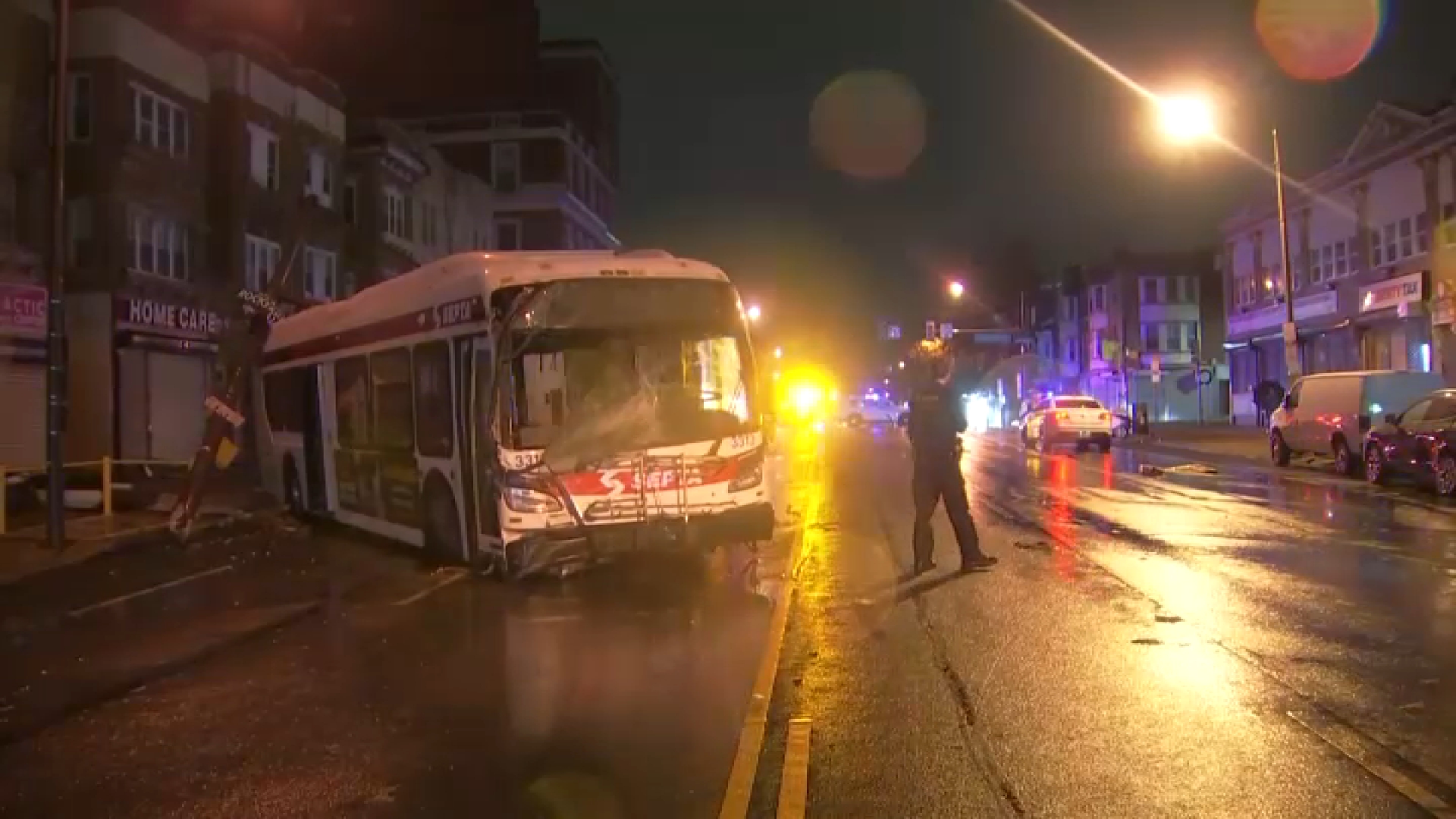It’s been nearly 15 years since medical practitioners across the country declared a near complete elimination of the measles disease.
A big part of that milestone announcement was due to the nationwide implementation of a two-dose vaccine strategy, which required children age one and above to receive the MMR vaccine to prevent measles, mumps and rubella virus infections.
But a recent resurgence in infections has health officials concerned about parents refusing to get their children vaccinated against the disease.
According to the New York State Department of Health, two of 20 people infected in a recent measles outbreak in New York City were children who had not been vaccinated by their parent's choice.
Dr. Jarret Patton, a pediatrician from the Lehigh Valley Hospital Children's Clinic in Allentown, Pa., said parents who refuse to vaccinate their children often make their decision based on fear and misinformation.
“There’s always been a background of people that refuse that particular vaccination. Some of the reasons stem back to bad research that linked the vaccine to children developing Autism. That position has since been debunked and the research was proven to be fictitious, but the memories of the stories live on. So, there are some people who think vaccines do more harm than good,” Patton said.
To combat parents’ fears, Patton says he often talks with them and provides facts about the vaccine and about the disease in an effort to help them make a more informed decision.
Local
Breaking news and the stories that matter to your neighborhood.
Measles is a highly contagious disease with symptoms including blotchy rash, fever, cough, runny nose, sore throat aches, tiny white spots inside the mouth and red, watery eyes beginning within seven to 14 days of infection.
According to the Centers for Disease Control and Prevention, the U.S. sees roughly 60 cases of the measles each year -- most of which are reported by persons who contracted the disease while traveling out of the country.
But in recent years, there has been an increase in the number of measles cases being reported in the U.S. One of the largest measles outbreaks in the 21st century occurred in 2011 when a total of 222 people reported measles infections to the CDC. In 2013, a total of 159 cases of measles were reported.
It has not been confirmed whether the increase in measles cases is directly linked to an increase in parents refusing to vaccinate their children, but Pennsylvania Department of Health spokesman Aimee Tysarczyk emphasized the importance of parents setting their fears aside and making sure their children receive the vaccine.
“The department still recommends vaccination for measles as the best form of prevention,” she said. “Due to some people choosing not to get their children the MMR vaccine, some children are at higher risk for getting measles and can spread the disease to others in their communities.”
In Pennsylvania and Delaware, parents seem to be complying with the call for vaccinations.
According to data from the 2012 National Immunization Survey, the most recent data available, 87 percent of parents in Pa. and 93 percent of parents in Philadelphia with 19- to 35-month-old children confirmed that their children had received at least one dose of the MMR vaccine.
In Del., 94 percent of parents have had their children vaccinated.
New Jersey Department of Health officials said the state typically sees one or two measles cases per year. Last year, however, the state saw 15 measles cases, 12 of which were all within one family who had contracted the disease during international travel.
All 12 of the family members were unvaccinated.
Patton said he’s hopeful that the outbreak in New York City will not impact the region, but didn’t rule out the possibility of the outbreak spreading.
Health officials at Lehigh Valley Hospital's Children's Clinic on 17th Street in Allentown are currently investigating a possible measles infection of a child. That child visited the clinic on March 12, was too young to be vaccinated and may have been around someone who was not vaccinated against the disease, health system officials said.
Doctors are running additional tests to determine if it is a case of measles.
“The scary thing about an outbreak is that in the Lehigh Valley, we’re just a short ride out of New York City and it would only take one child coming to visit their grandmother in Allentown to harbor and spring an outbreak,” he said.
“We hope that it stays completely limited to the New York area,” Patton said.



